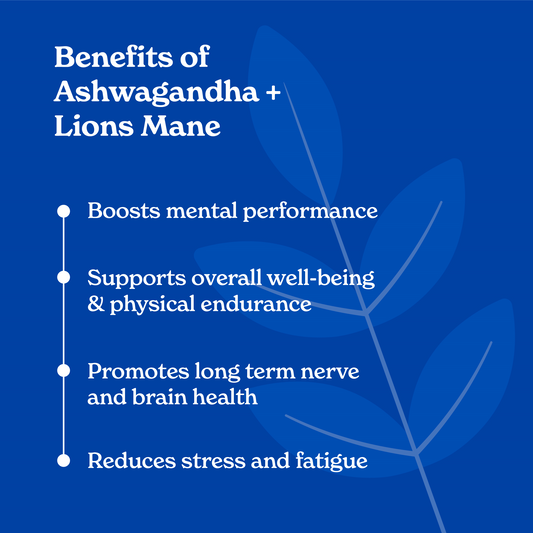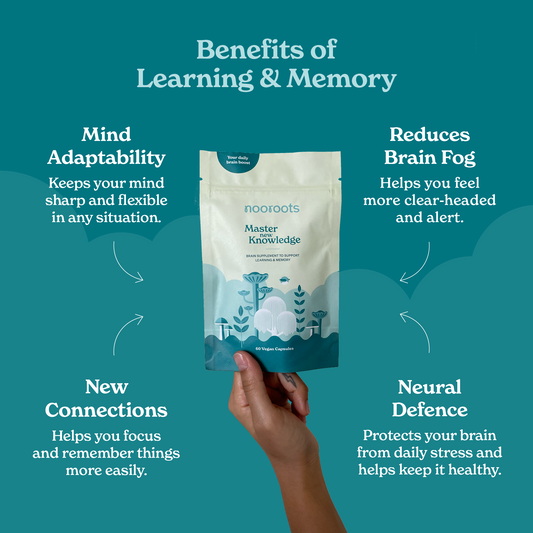Expert Writer ✓
About the Author
Tia was awarded a Master of Immunology degree from University College London. She is completing a PhD in Bioengineering at Imperial College London.
Contents
- What is Selenium?
- Selenium Benefits
- Selenium Mechanism of Action
- Selenium Side Effects
Selenium: A Health Guide to Safe and Effective Supplementation

What is Selenium?
Selenium is one of the essential trace minerals required by our body1. Although only needed in small amounts, selenium is a critical component of several enzymes and proteins known as selenoproteins that support many biological mechanisms1.
Selenium plays an important role in enhancing cognition, immune system activity and fertility. We can get selenium from some food items such as seafood, poultry and wheat1.
Selenium Benefits
There are an abundance of evidence-based benefits linked with Selenium, including2:
- Boosting immune function and thyroid health: Selenium acts as an important antioxidant that can reduce oxidative stress in the body thus enhancing immunity and combating infection3. Selenium is plays an important role in regulating the reproductive system and metabolism of thyroid hormones4.
- Combating stress and health decline: it is thought that oxidative stress is heavily involved in the onset and development of neurological conditions such as Parkinson’s disease, multiple sclerosis, and Alzheimer’s disease5. Therefore selenium may help to prevent development of these conditions by reducing oxidative stress.
- Protecting against cancer: Research suggests that selenium possesses the ability to reduce DNA damage and eliminate cancer cells6. Studies have shown that high blood levels of selenium are associated with a lower risk of breast, lung, colon, and prostate cancers7.
Selenium Mechanism of Action
As selenium is a trace mineral, the body only requires a small amount of it to benefit from its superpowers!
Selenoproteins help to form, repair, and protect DNA against cellular damage and defend against infectious diseases8. In the body, selenium is stored in the muscle tissue and the thyroid glands.
As selenium is a potent antioxidant this means it has properties that enable it to break down peroxides which cause damage to tissues and DNA, often leading to inflammation and several other health issues. Selenoproteins can also protect the cell membrane from damage by free radicals9.
At high levels free radicals induce oxidative stress, causing blood to become sticky and can lead to heart disease. When selenium levels are deficient it can lead to autoimmune thyroid conditions such Hashimoto’s disease and Grave’s disease10.
Selenium Side Effects
Selenium is considered safe to take as a nutritional supplement. At high amounts that exceed the upper limit of 400mcg per day there are few known side effects1:
- Dizziness
- Hair loss
- Facial flushing
- Muscle soreness
- tremors
Evidence
- Selenium: Overview, Uses, Side Effects, Precautions, Interactions, Dosing and Reviews https://www.webmd.com/a-to-z-guides/supplement-guide-selenium (accessed 2022 -05 -29).
- 7 Science-Based Health Benefits of Selenium. https://www.healthline.com/nutrition/selenium-benefits
- Steinbrenner, H.; Al-Quraishy, S.; Dkhil, MA.; Wunderlich, F.; Sies, H. Dietary Selenium in Adjuvant Therapy of Viral and Bacterial Infections. Adv Nutr. 2015. 6. doi: 3945/an.114.007575
- Winther, KH.; Bonnema, SJ.; Cold, F.; Debrabant, B.; Nybo, M.; Cold, S.; Hegedüs, L.;. Does selenium supplementation affect thyroid function? Results from a randomized, controlled, double-blinded trial in a Danish population. Eur J Endocrinol. 2015 Jun 1;172(6):657-67.
- Santos, JR.: Gois, AM.; Mendonca, DMF.; Freire, MAM. Nutritional Status, Oxidative stress and dementia: the role of selenium in Alzheimer’s disease. Front Aging Neurosci. 2014. 6. doi: 3389/fnagi.2014.00206
- Dennert, G.; Zwahlen, M.; Brinkman, M.; Vinceti, M.; Zeegers, MP.; Horneber, M. Selenium for preventing cancer. Sao Paulo Medical Journal. 2012;130(1).
- Vinceti, M.; Filippini, T.; Del, Giovane, C.; Dennert, G.; Zwahlen, M.; Brinkman, M.; Zeegers, MP.; Horneber, M.; D’Amico, R.; Crespi, CM.; Selenium for preventing cancer. Cochrane database of systematic reviews. 2018(1).
- Selenium: The Nutrition Source. Harvard. School of Public Health. https://www.hsph.harvard.edu/nutritionsource/selenium/ [accessed 29.05.22]
- National Institutes of Health Office of Dietary Supplements: Selenium Fact Sheet for Health Professionals. https://ods.od.nih.gov/factsheets/Selenium-HealthProfessional/Accessed 1/4/2020.
- Drutel, A.; Archambeaud. F.; Caron, P.Selenium and the thyroid gland: more good news for clinicians. Clinical endocrinology. 2013 Feb;78(2):155-64.







